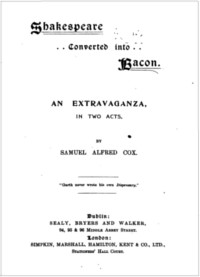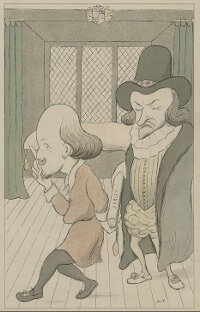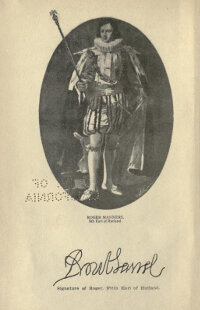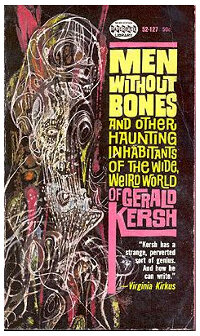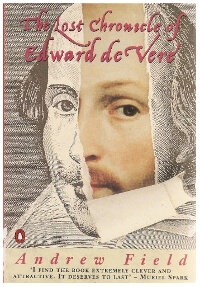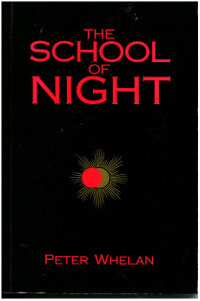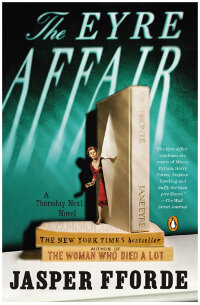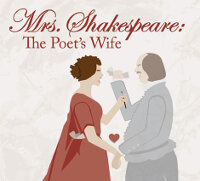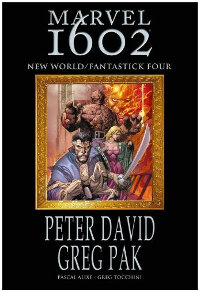Samuel Cox
Dublin: Sealy, Bryers, and Walker, 1899
Set in 1601, this “extravaganza in two acts” opens with William Shakespeare relating a dream to fellow playwrights Jonson, Chapman, Peele, Heywood, and Nash in which Shakespeare is told to give up poetry and plays and become a lawyer. Specifically, he is to switch places with Francis Bacon. When a fairy visits Bacon, he feels a desire to become Shakespeare. The two are ready to make the switch when Queen Elizabeth boxes Bacon’s ear and tells him to get back to the courts, then send Shakespeare “back to his playing.” Both Bacon and Shakespeare seem only to serve as foils for a bit of fun with the Shakespeare/Bacon debate.
